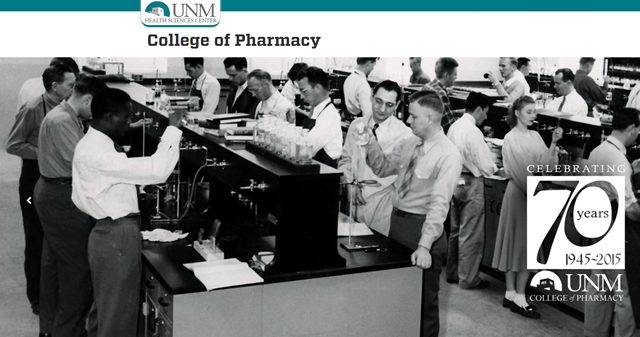
Pharmaceutical Sciences ETDs
Publication Date
Spring 4-15-2022
Abstract
Electronic cigarette or vaping use associated lung injury (EVALI) is a pulmonary disease among those who vaped illicit tetrahydrocannabinol (THC) cartridges that resulted in hospitalization or death. Vitamin E acetate (VEA) was a common additive present in the bronchioalveolar lavage fluid (BALF) of patients who were hospitalized with EVALI. However, little is known about pulmonary exposure to vitamin E acetate (VEA) when inhaled through vaping. The hypothesis of this study is the cytotoxicity of vaped VEA is due, at least in part, to the pyrolytic breakdown products of VEA produced by vaping, as opposed to VEA itself. From this study, VEA was not found to exhibit cytotoxicity on THP-1 human monocytic cells; however, vaped VEA showed toxicity. Multiple VEA byproducts, and VEA, were observed by spectrophotometric, HPLC, GCMS, LCMS, and LCMS/MS analysis. A peak with a molecular weight of 390 remained consistent in all vaped VEA collections.
Fourth Committee Member
Dr.Graham Timmins
First Committee Member (Chair)
Dr.Todd Thompson
Degree Name
Pharmaceutical Sciences
Second Committee Member
Dr. Matthew Campen
Level of Degree
Doctoral
Third Committee Member
Dr. Pavan Muttil
Department Name
College of Pharmacy
Document Type
Thesis
Recommended Citation
Alcon, Joshua. "Degradation of Vitamin E Acetate Through Vaping Produces Byproducts Cytotoxic To THP-1 Monocytic Cells." (2022). https://digitalrepository.unm.edu/phrm_etds/28
